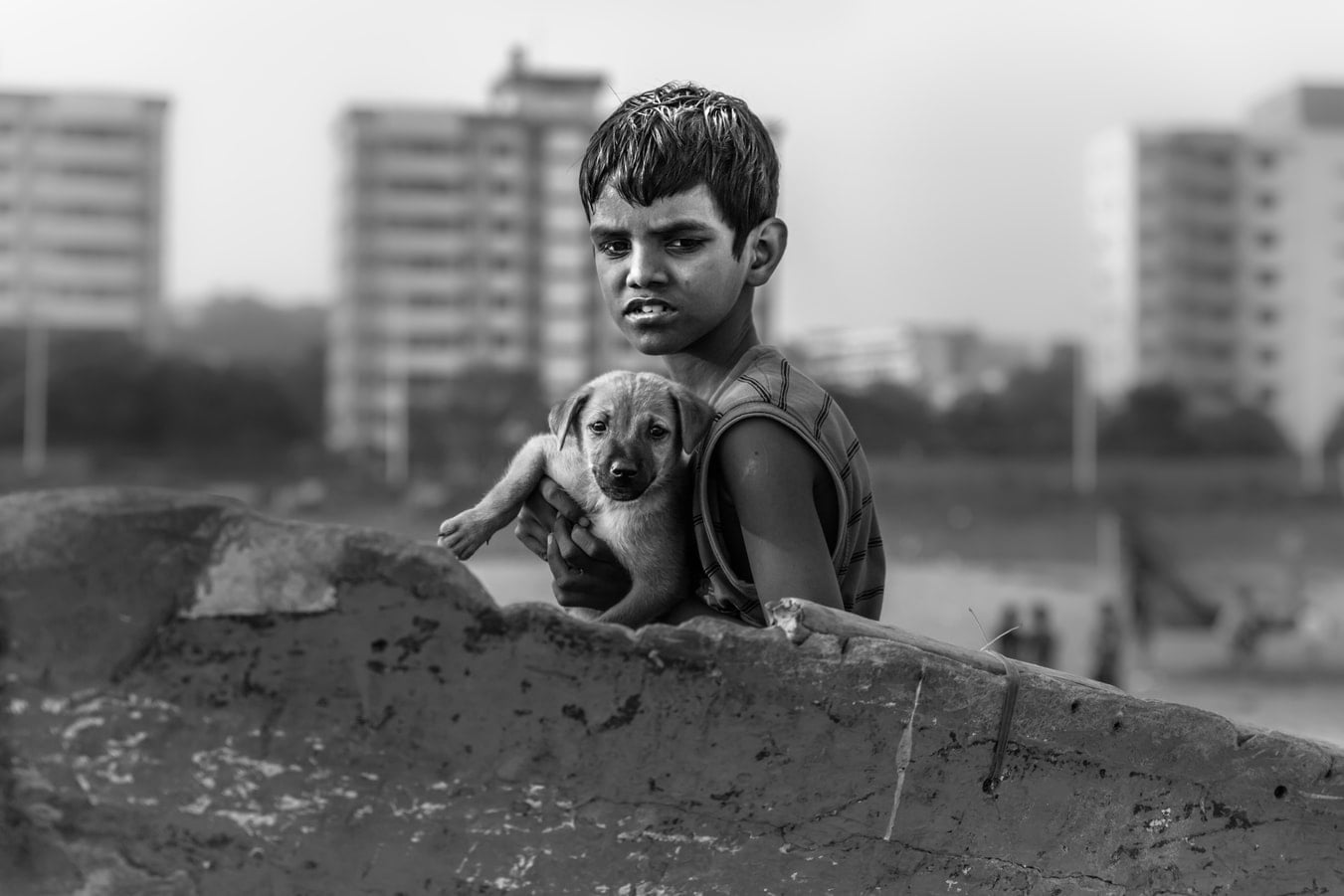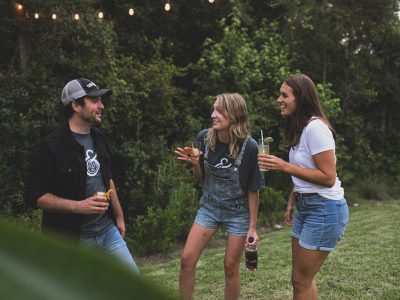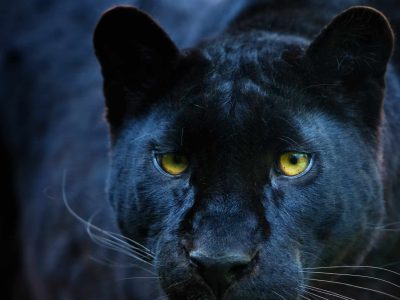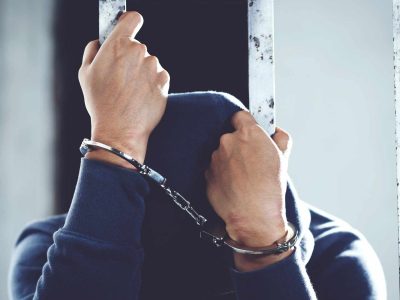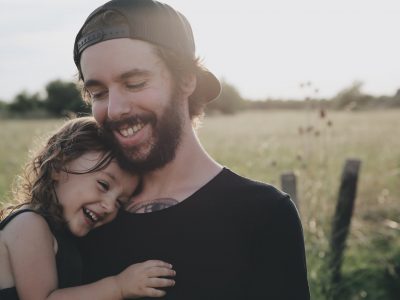The door busts open, and the warmth of the room leaves obediently following the laws of thermodynamics. Another thermodynamic is happening on the face of the man who has broken the bolt. When bolts break, things don’t remain usual anymore.
Sulman was a little boy, who was registering this scene from the corner of the room; the room in which his father had arrived so ferociously as he was on the hunt. This scene was to become a one; like many others, this also was going to belong to many of those disturbing moments he had already seen before and lived through. He was five years old; he had seen things adults shouldn’t. The old man looks around the room as if he is on a hunt. Sulman is not looking at the countenance of his father; the monster that appears on his face is rather an old one, a familiar one. Sulman realized this since he gained conscious. But Sulman is not going to face the music; it turns out he is only there to receive the horror. A horror he surely does not deserve.
The five-year-old has locked his eyes on the old wooden floor. ‘It’s full of bruises,’ he thinks. The real horror will happen while he will look at these bruises; unknowingly, a new bruise will craft itself on the slate of Sulman’s innocent mind. This moment will disappear physically. These shrieks will not find ears one day, but, for Sulman, this is locked in eternity.
His fragile mother is sitting at the other corner; when he looks diagonally, he looks at the face of his mother. Her young face is torn with brutal marks: the architecture of his drunken father. Nagma–his mother–is a maid, and she works from dawn to dusk. Bread is earned and lost for the stomach; it’s the law of poverty. The whereabouts of his father are unknown during the day; he remains lost as father was on a hunt for them. With the few bucks that he steals from Nagma, he purchases alcohol. He drinks himself to death all evening. At midnight he arrives home to beat Nagma as if stealing money was not enough; stealing her peace, her youth, her dignity was also a huge requirement. The alcoholics require it.
Sulman remembered how his father used to beat his poor mother. At the second stage of his life, when he was becoming wise with time, his greatest fear was becoming his father; children become their parents, the biological trails are followed almost unconsciously. Every daughter becomes her mother, every son his father. They have to fight hard not to.
On the grave of his father, he promised he would not end himself in disgrace like this. Alcohol was not going to find itself in that house again; the new bolts were strong, and they remained so. Nagma–though she lost her husband–was not that old Nagma anymore. If a woman is not treated like a human, then there is no disgrace in the divorce of the relationship; in her case, nature decided to sign their divorce, a permanent one.
Violence seeks violence, they say; everybody knows this, so did Sulman. He fought against it by not following the footsteps of his father. His father remains unknown, so does his violence. The lessons are received and received properly. Nagma’s youth has returned, though it doesn’t often happen, it happened with Nagma. Bruises are buried under her skin, under her skull, but new things should happen, and mortals should move on. Nagma moved on; Sulman moved on.
The door busts open, and sometimes we all have to become a Sulman. A horror-filled little boy, who watches in silence two of his dearest people involved in one of the most destructible pursuits; the pursuit of violence. One receives it, the other causes it. One can’t do anything, one can do everything. The equilibrium of life must be found.
Sulman and Nagma were the unwanted hostages of life’s brutality. When we can’t change our past, we try to become it. In most cases, we become the horrors we complain about. While we so disdainfully hate the system, we forget that we take part in those same agencies of the system we despise so vociferously. We reinforce these agencies. We can choose not to. We can all willfully decide not to become that we say no one should. The Fathers of the Sulmans of the world can be unborn if we receive proper education and the will to make the right decision.
The one habit of an alcoholic is that he never fulfills his promise; he never keeps his word and becomes on a hunt for others . But so does the rest of humanity. Our people and our presidents, our wives and our husbands, our brothers and our sisters, everyone from time to time is involved in not keeping up their promises. While standing on the brink of his father’s grave, Sulman made a vow that he kept throughout his life. His one promise changed his life and the life of Nagma.
There are Nagmas in the world who are still facing this brutality. So many Sulmans with horrid pasts. Who is going to tell these Sulmans that they too can become that same father that they were afraid of while sitting in that corner of that room while their father was on a hunt for them, or choose not to? Who is going to educate them? Who is going to encourage them? It is you and I who are going to help them. Somewhere someone finds a story like this and their life changes. Reading stories like this and finding hope, Nagmas of the world can be saved; their youth can return.
In our own ways, many times our doors are bust open too. Our bolts can also get broken. We should be able to deal with the thermodynamics happening; both in the room and on the countenance of the monster. On the other hand, there is a place beyond control and beyond concern that people can go as in this case: a troubled father on a hunt for his family. Where the values and the needs of everyday life change completely, where what matters is moment to moment survival to avoid the pain of the mind.
Also read about The Advent Of The New ‘US’.

